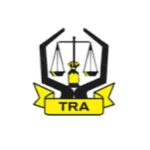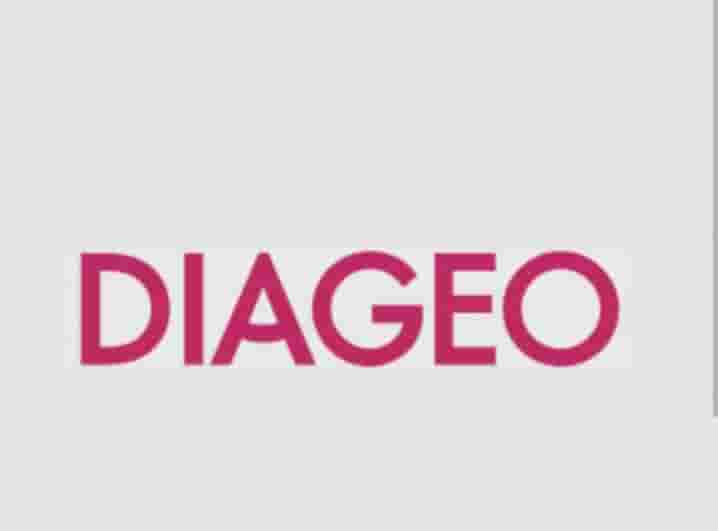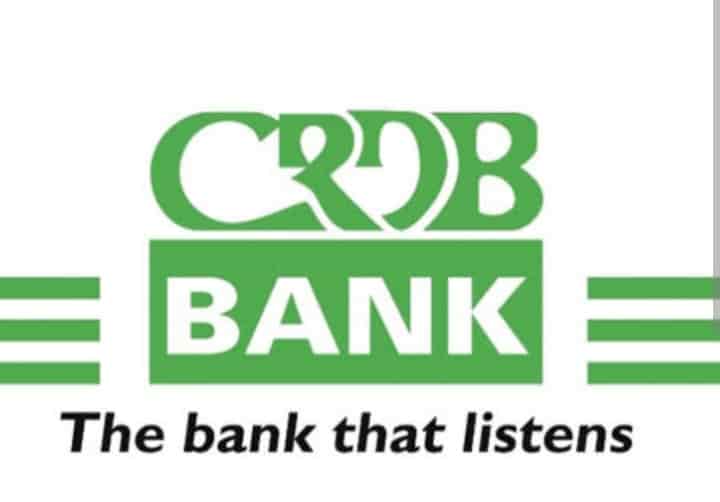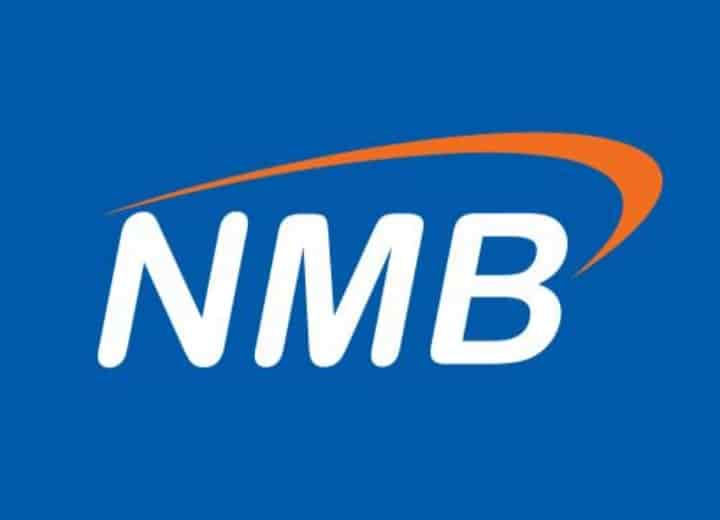Security System Operator II – Interview Questions & Answers at TRA
The Tanzania Revenue Authority (TRA) plays a crucial role in revenue collection and administration. Among its key positions is the Security System Operator II, responsible for ensuring the safety and security of TRA facilities using advanced technology.
If you’re preparing for an interview or want to understand the role better, this guide provides 30+ commonly asked questions and answers based on job responsibilities such as monitoring CCTV and access control systems, reporting technical faults, and supervising maintenance.
1. What does a Security System Operator II do at TRA?
✅ A Security System Operator II monitors CCTV cameras and access control systems to ensure the security of TRA premises. They also report technical faults and oversee maintenance to keep systems fully operational.
2. Why is CCTV monitoring important for TRA?
✅ It helps protect TRA assets, employees, and data by detecting suspicious activities and preventing security breaches.
3. What is an access control system?
✅ It is a security system that restricts entry to authorized personnel only, using methods like key cards, PINs, or biometric scans.
4. How would you describe your role in Swahili?
✅ “Nafanya kazi ya kufuatilia kamera za CCTV na mifumo ya udhibiti wa ufikiaji ili kuhakikisha usalama wa mali na wafanyakazi wa TRA.”
5. What qualifications are required for this role?
✅ A Diploma in ICT, Computer Science, or a related field is required to qualify for the position.
6. What skills are essential for monitoring CCTV systems?
✅ Key skills include attention to detail, technical knowledge of surveillance systems, and the ability to stay alert for long periods.
7. How do you identify a technical fault in a CCTV system?
✅ I check for issues like blurry images, no signal, or power failures and run diagnostics if the system allows.
8. What steps would you take if a CCTV camera stops working?
✅ I’d report the issue immediately, document the fault, and coordinate with the maintenance team for repairs.
9. Why is reporting technical faults important?
✅ It ensures timely repairs to prevent security vulnerabilities that could put TRA at risk.
10. How do you supervise maintenance of security systems?
✅ I coordinate with technicians, track progress, and ensure all repairs meet TRA’s security standards.
11. What would you do if you notice suspicious activity on CCTV?
✅ I’d alert security personnel, log the incident with timestamps, and preserve the footage for investigation.
12. Can you work with both English and Swahili in this role?
✅ Yes, I am fluent in both languages, which helps in writing reports and communicating with different teams.
13. How does your ICT diploma prepare you for this job?
✅ My diploma provided me with skills in troubleshooting security systems, network management, and surveillance technology.
14. What is the biggest challenge in monitoring security systems?
✅ Staying vigilant during long shifts, but I manage it through focus, scheduled breaks, and efficient time management.
15. How do you ensure access control systems remain secure?
✅ I regularly check system logs, update user credentials, and report any unauthorized access attempts.
16. What tools do you use to monitor CCTV systems?
✅ I use CCTV monitoring software, video playback tools, and system diagnostics applications provided by TRA.
17. How would you handle a power outage affecting security systems?
✅ I’d switch to backup power if available, report the outage, and manually monitor security until systems are restored.
18. What experience do you have with security technology?
✅ I have hands-on experience with CCTV systems, access control devices, and security software from my studies and internships.
19. How do you prioritize tasks in this role?
✅ I focus on real-time monitoring first, then address faults and maintenance coordination as needed.
20. What does “kudhibiti usalama” mean in this job?
✅ It means ensuring TRA’s security systems work efficiently to protect staff, assets, and operations.
21. How do you document technical faults?
✅ I write detailed reports including the fault description, time identified, and actions taken, then submit them to my supervisor.
22. What would you do if maintenance takes longer than expected?
✅ I’d inform my supervisor, suggest temporary security measures, and follow up with the maintenance team.
23. How do you stay updated on security system technology?
✅ I read technology blogs, attend training workshops, and follow TRA’s system updates.
24. Why do you want to work for TRA in this role?
✅ I am passionate about technology and security, and TRA offers a great opportunity to apply my skills while contributing to national security.
25. How do you handle stress while monitoring systems?
✅ I stay calm by staying focused, taking short breaks, and using my training to manage pressure effectively.
26. What is the role of teamwork in this position?
✅ Teamwork is crucial for coordinating with security personnel and IT technicians to quickly resolve issues.
27. How do you ensure confidentiality in your work?
✅ I keep all security footage and access logs private, sharing them only with authorized TRA personnel.
28. What would you do if an access card is lost?
✅ I’d immediately deactivate it in the system and report the incident to prevent unauthorized access.
29. How does this role support TRA’s mission?
✅ It ensures TRA’s facilities and data are secure, enabling smooth operations and protecting revenue collection.
30. What motivates you to excel as a Security System Operator II?
✅ Knowing that my role helps safeguard TRA’s people, data, and infrastructure inspires me to perform at my best every day.
Final Thoughts
This Q&A guide offers insights into the Security System Operator II role at TRA, covering technical knowledge, security protocols, and problem-solving skills. Whether you’re preparing for an interview or exploring career opportunities, these questions highlight the key expectations and responsibilities of the position.
🚀 Good luck with your TRA interview!






